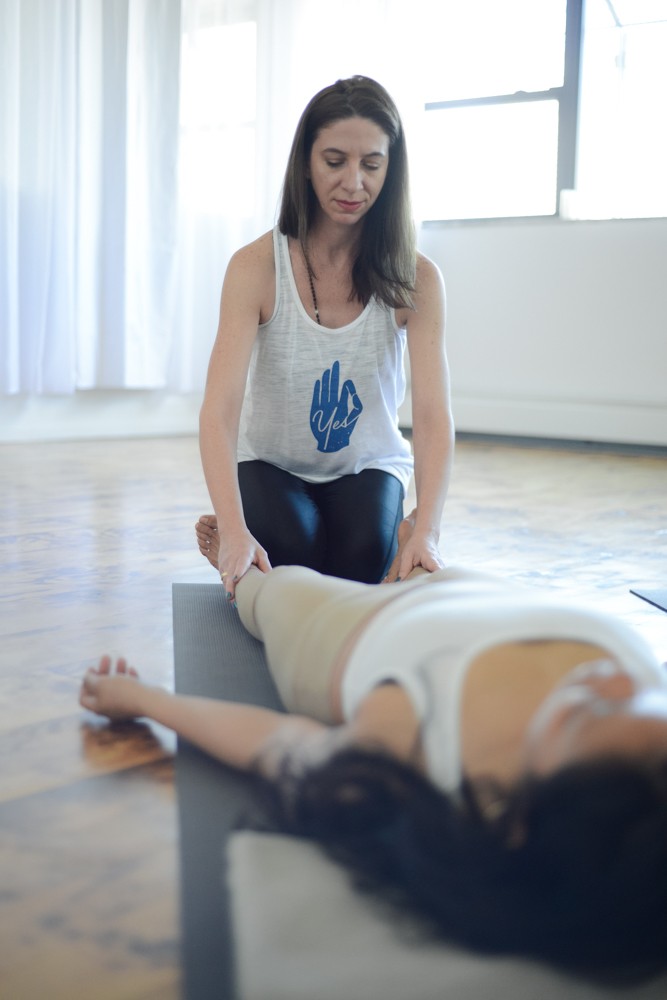We recently connected with Nathalie Jaspar and have shared our conversation below.
Nathalie, looking forward to hearing all of your stories today. Was there a moment in your career that meaningfully altered your trajectory? If so, we’d love to hear the backstory.
Just before the 2019 pandemic hit, I got a free business mentor from the city of New York. On our first meeting, she went through my Reiki website. She sighed and said: I didn’t know much about Reiki, so I did some research. All the sites listed the same things you did. So tell me, why would I choose you? I started listing reasons: I had trained in Japan, I was going to publish my second book, etc. She said: none of it is here. I see generic, generic, generic.
That day I realized I did not have to do a Reiki business like everyone else. I didn’t have to be a practitioner and/or teacher. To offer sessions and/or classes. I could create my business based on who I was: a writer, an illustrator, a journalist, and a creative. Develop a podcast where I give my guests a drawing as a thank-you gift. Then, use the content to create a series of coffee table books and, who knows, perhaps even apparel in the future.
So I guess my defining moment was realizing my business didn’t define me. I defined my business.
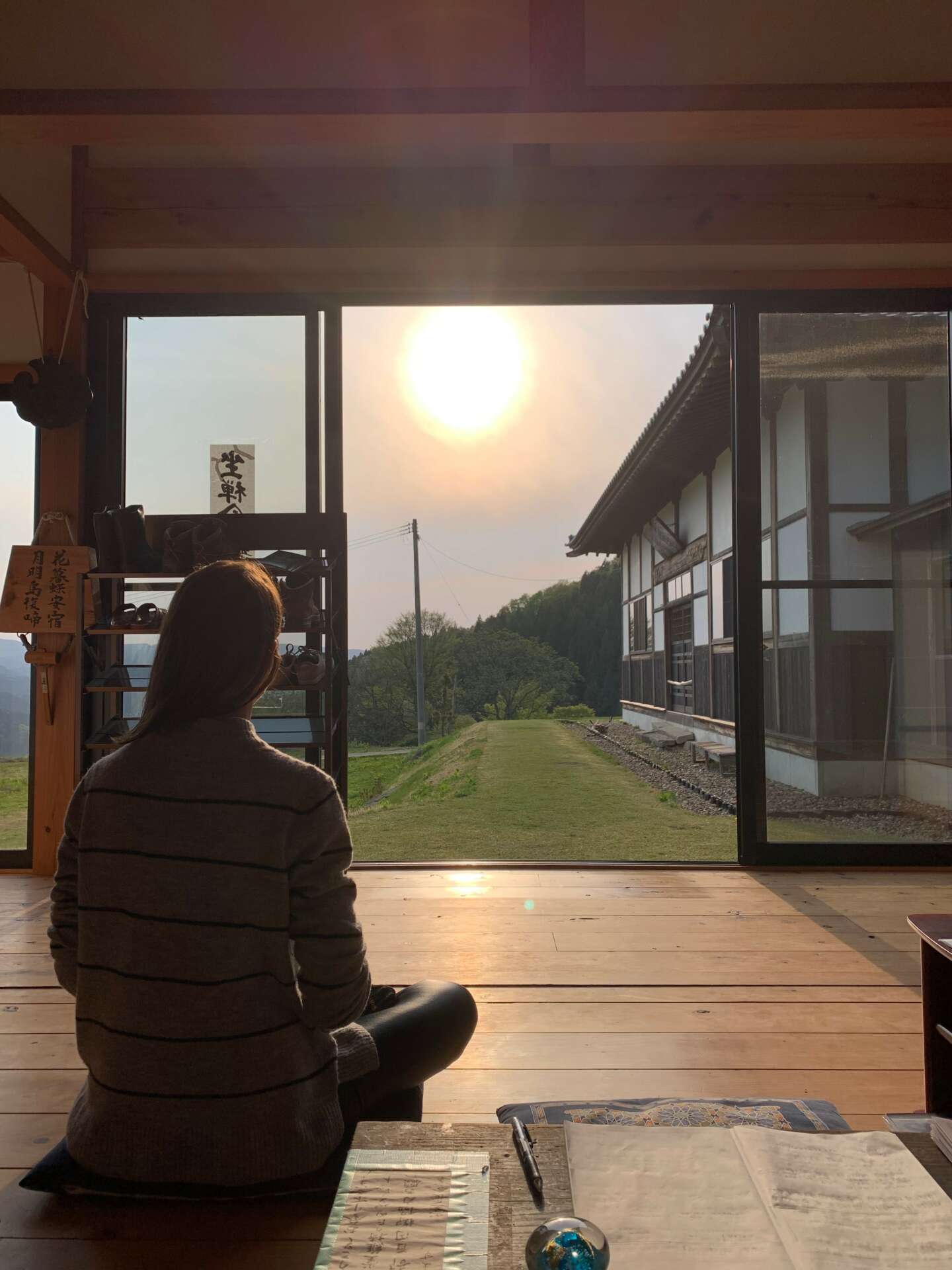
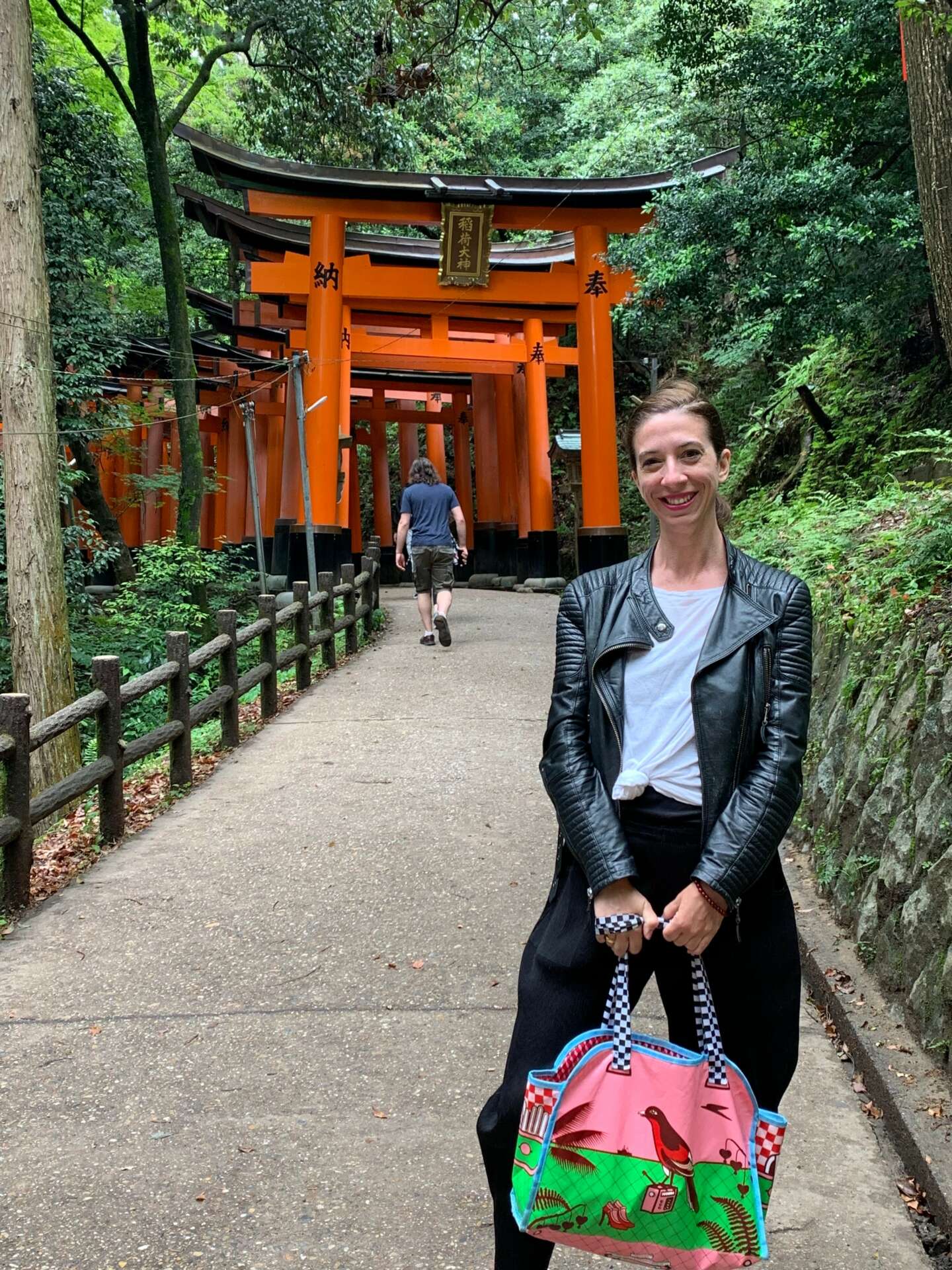
Nathalie, love having you share your insights with us. Before we ask you more questions, maybe you can take a moment to introduce yourself to our readers who might have missed our earlier conversations?
I am a full-time advertising creative, but I would love to discuss my side business and full-time passion, Reiki practice.
I got into Reiki by serendipity, or Google, as serendipity likes to call itself nowadays. I searched for healing, and Reiki came back as the number one result. I took a class and didn’t really like it, but I could not let it go. I took a second class and fell in love with it. I never looked back. That was 17 years ago.
Often, lots of woo-woo-ness is involved in the description of Reiki. It is actually quite simple. It’s a Japanese practice that uses mindfulness and touch to let go of anger and worry so we can become more grateful and compassionate and, yes, activate self-healing at all levels.
Although Reiki practice has been heavily influenced by new-age elements like chakras, guides, angels, etc, I was very early on attracted by the more Japanese, minimalist style. This led me to travel to Japan for a few weeks, meditate at a monastery in the middle of nowhere Japan, visit the beautiful museum islands, check out more temples I can remember in Kyoto, and fall in love with Tokyo. It also made me sign up for Japanese martial arts (with swords, of course) to understand Japanese culture better and, precisely, the concept of mind-body unity in Japanese spiritual practices.
In a practice system where people can become “Reiki masters” sometimes after as little as 40 hours of training, this kind of background—especially being a woman—is kind of unique. It’s offering me opportunities to give talks and mentor other practitioners, for which I am incredibly grateful as I learn from every interaction and every question.
So, what is Reiki for me? A path. A path that has made me re-examine who I truly am. That allows me to walk my everyday life with less anger in the high-stress environment of advertising. With less worry in a word that seems to have gone mad. And with gratitude to hold the space for others to do the same.
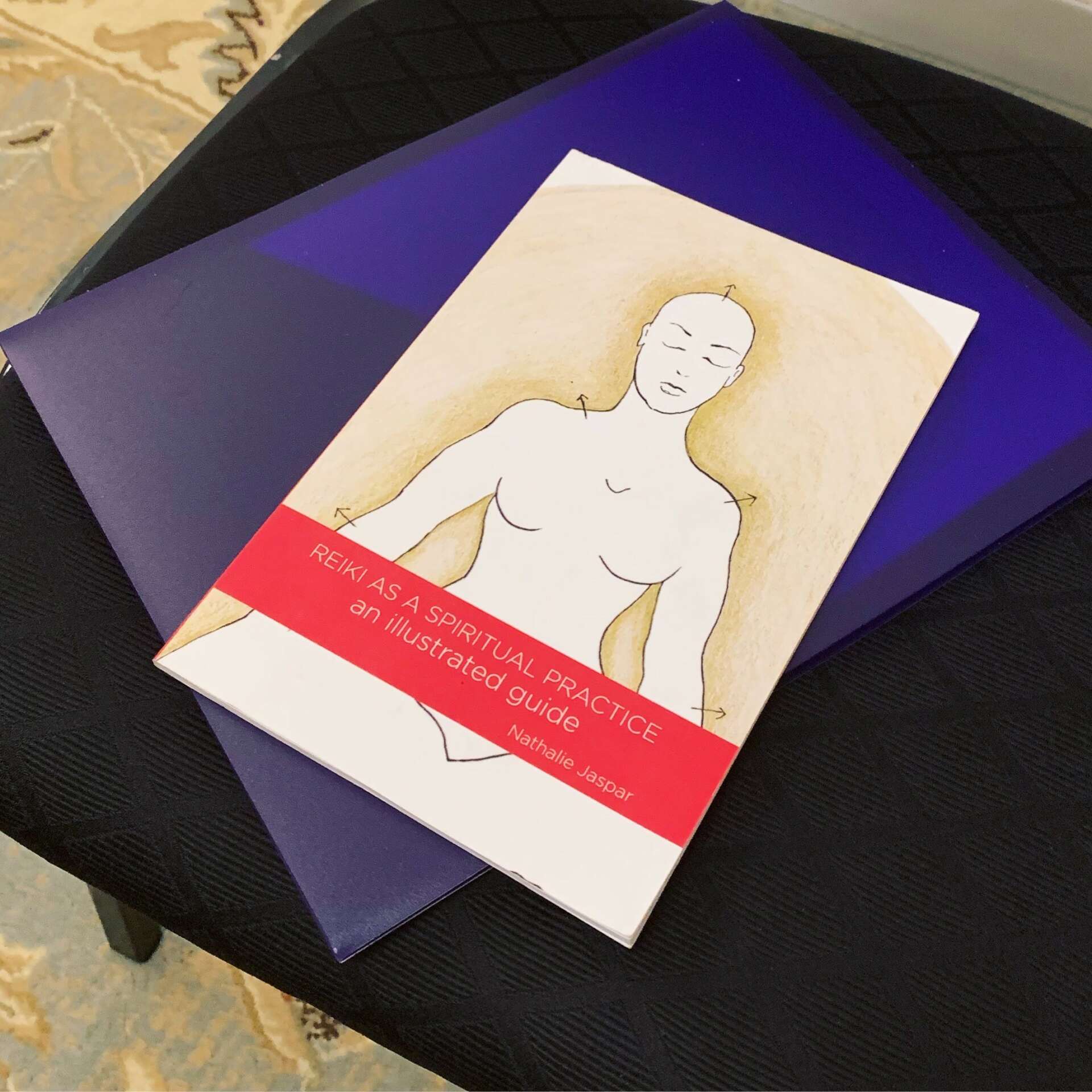
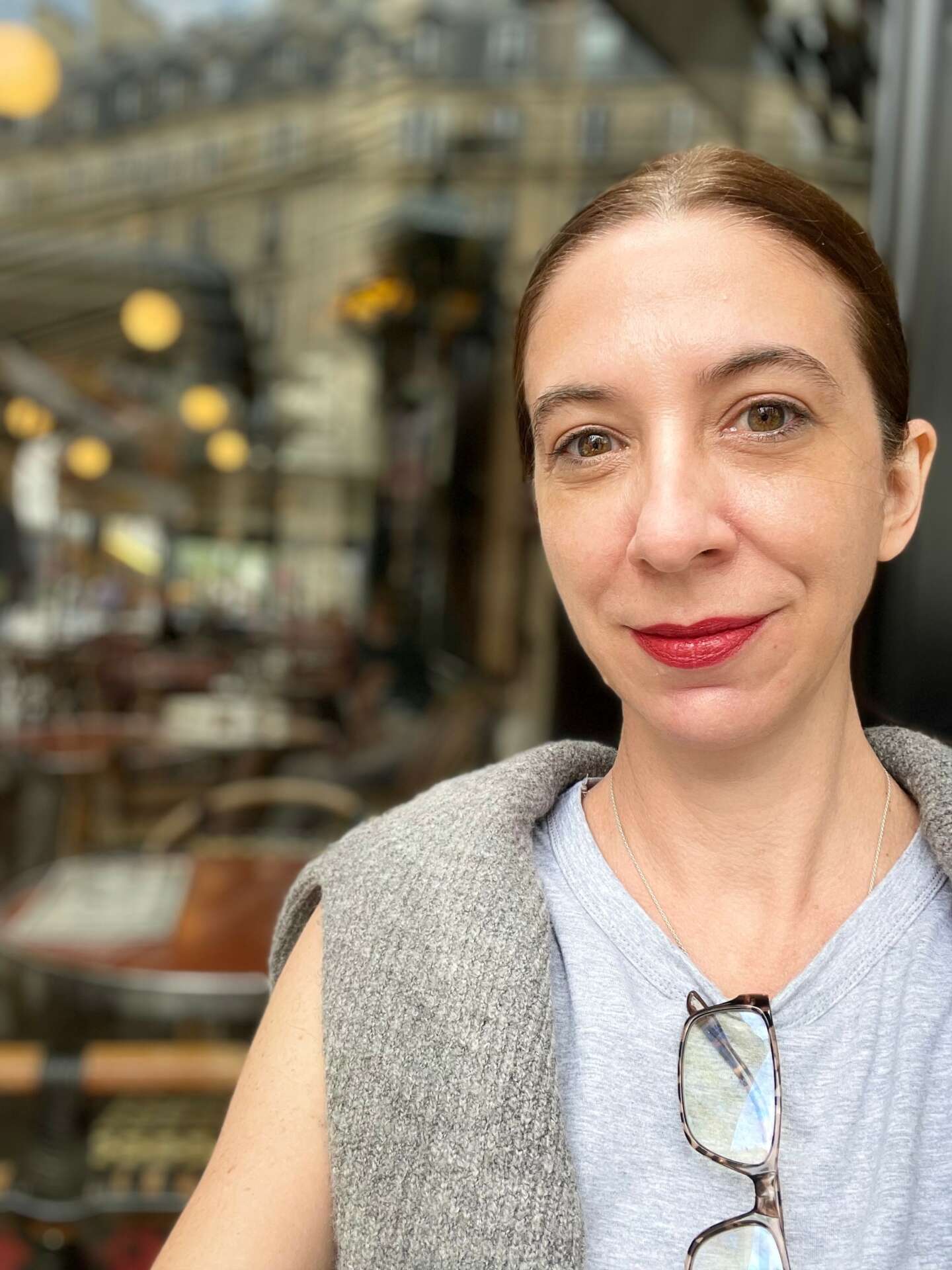
Putting training and knowledge aside, what else do you think really matters in terms of succeeding in your field?
Listening with an open mind and open heart.
Most people want to be seen and heard. Reiki practice is a healing practice with an energetic component. But beyond training, the most valuable skill is learning how to listen to what our clients think they are saying and what they are truly saying without judgment. When they feel truly heard, the healing starts before the Reiki session starts.
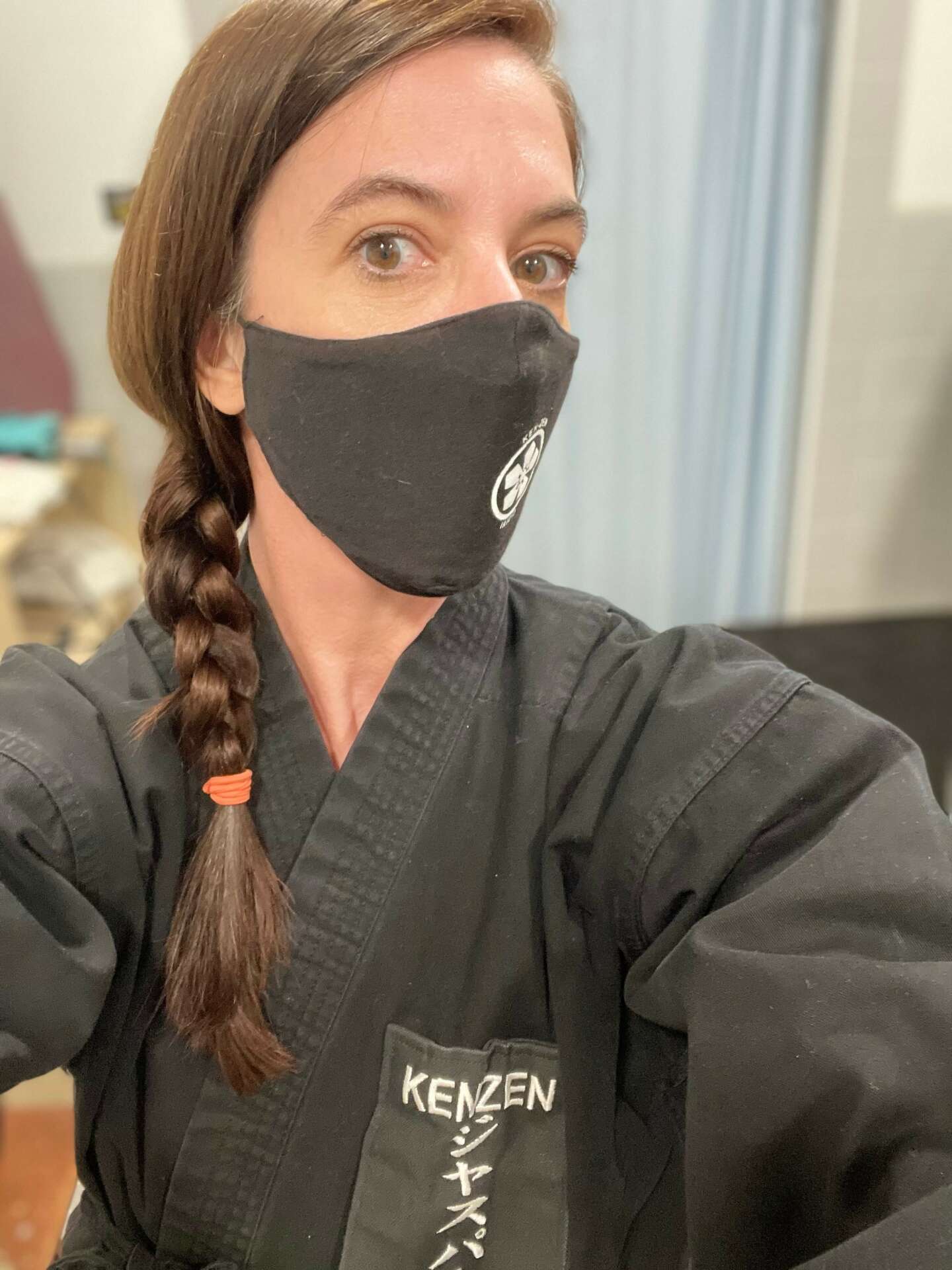
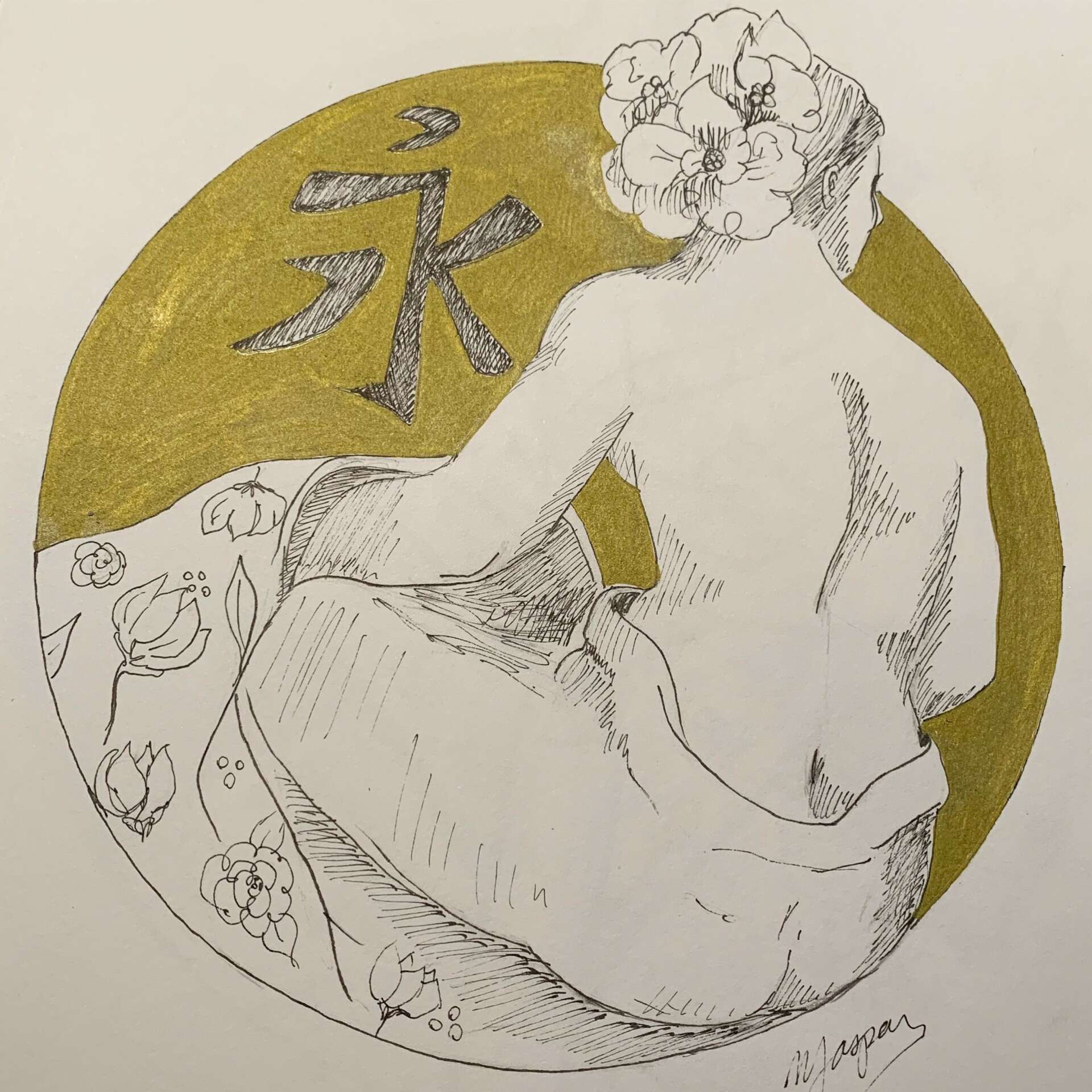
What’s a lesson you had to unlearn and what’s the backstory?
Speaking English with a Spanish accent made people think I was less valuable.
This is a huge cultural thing in the US. There is the belief that Spanish-speaking immigrants are less educated and should earn less income. In advertising, for example, Spanish-speaking copywriters make noticeably lower salaries. For many years, this affected my ability to earn an income in every industry, not just advertising.
One day, I offered a session to a trainer from the NY Jets Football team, and he said, I love your voice, and your accent is so soothing. That day, I embraced my accent with pride. And from then on, my income has increased consistently, and interesting opportunities keep arising.
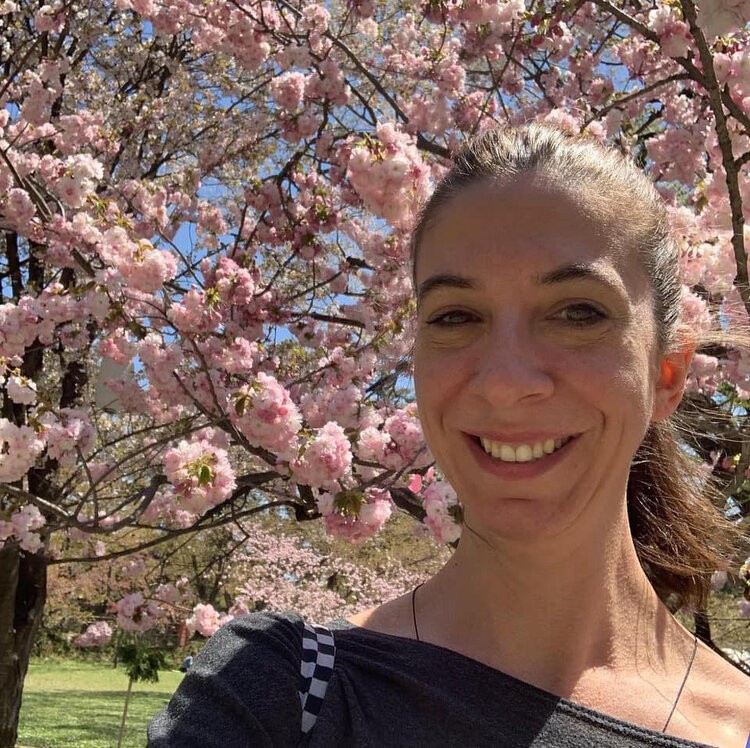
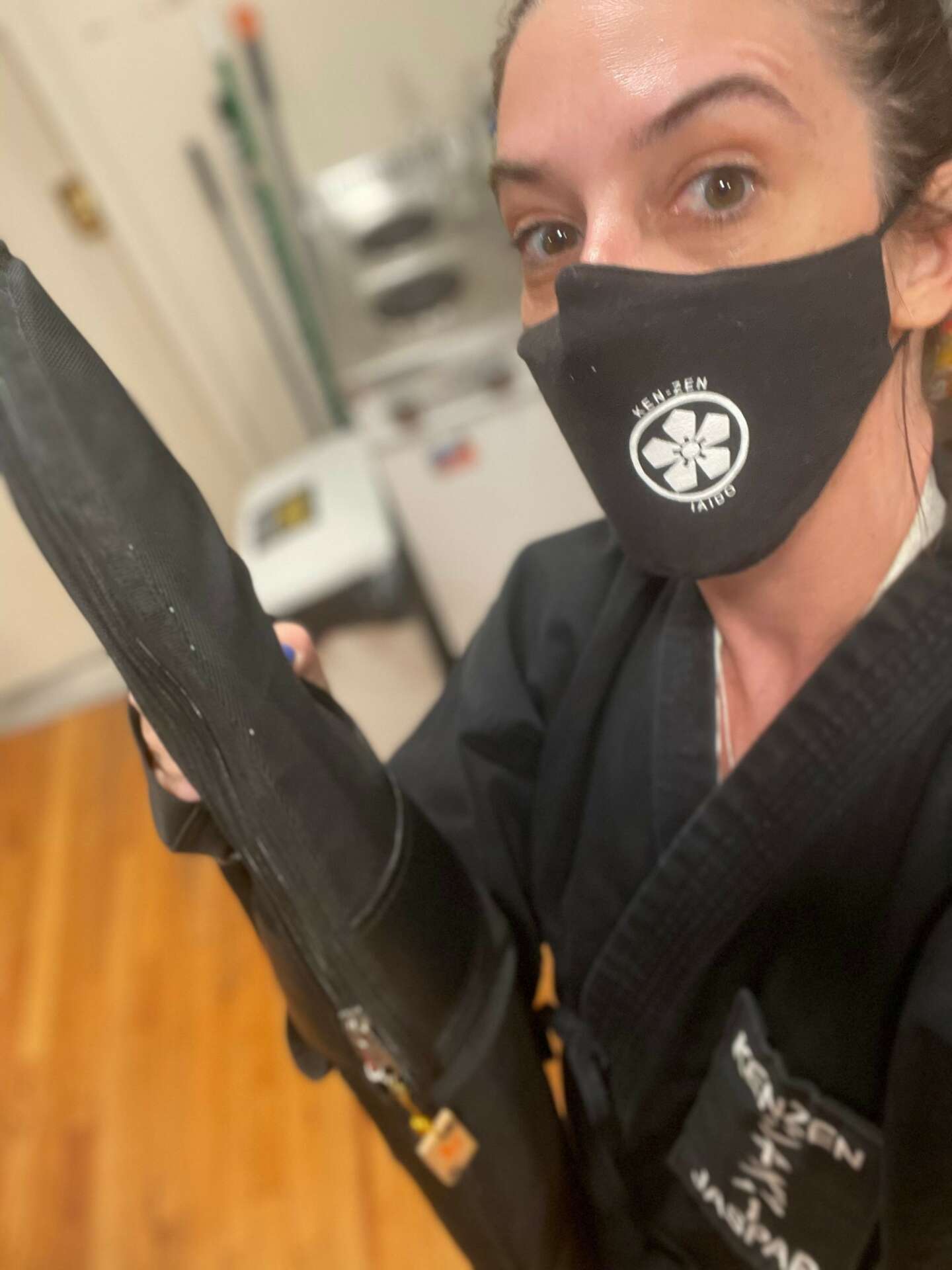
Contact Info:
- Website: diveintoreiki.com
- Instagram: @diveintoreiki
- Facebook: facebook.com/diveintoreiki
- Youtube: @diveintoreiki
Image Credits
Photo of me offering Reiki to a woman laying on the floor Photographer: Nina Goffi (insta @ninagoffi)


